Every so often (roughly generationally) there are upheavals in mores and language. We’re on that cusp now.
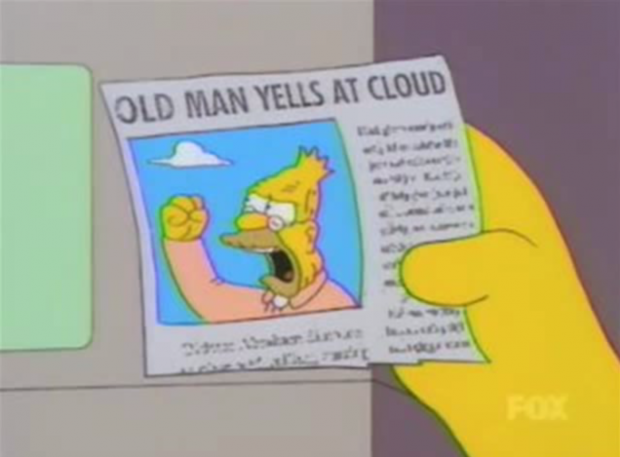

Every so often (roughly generationally) there are upheavals in mores and language. We’re on that cusp now.
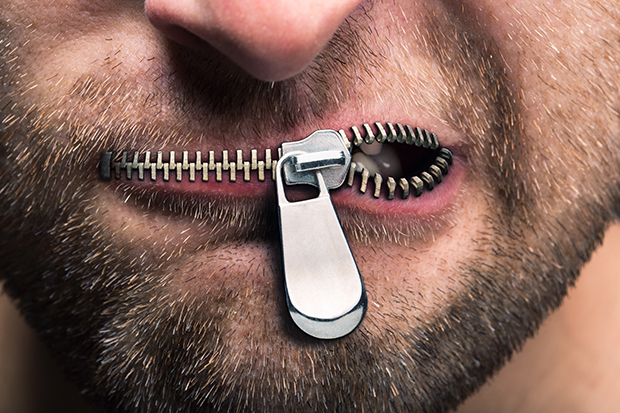
If we are to imagine free speech as a defining value of democracy (as David Cameron has said he does) then we cannot just choose which free speech we will defend and which we will not (as David Cameron has said he wants to)

The idea that the government should have a role in assessing content before it is broadcast should set alarm bells ringing, writes Jodie Ginsberg
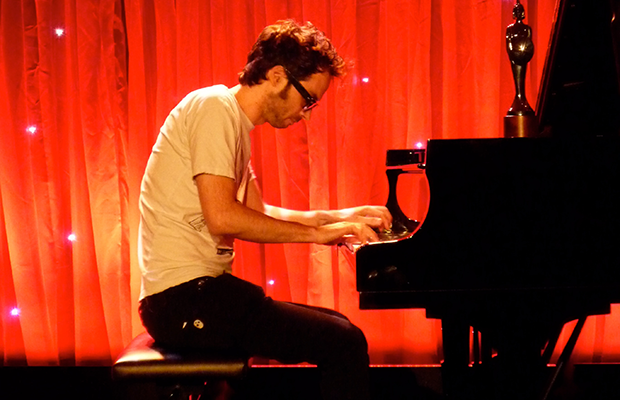
I was reminded of poet Carolyn Forché and her concept of witness when I read the reactions to the court decision that would finally allow pianist James Rhodes to publish his memoir, Instrumental
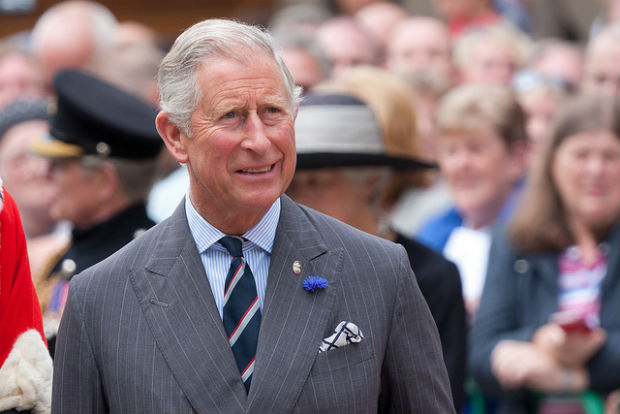
With the publication of Prince Charles’ “black spider” letters, ministers fear they will lose control of the freedom of information process
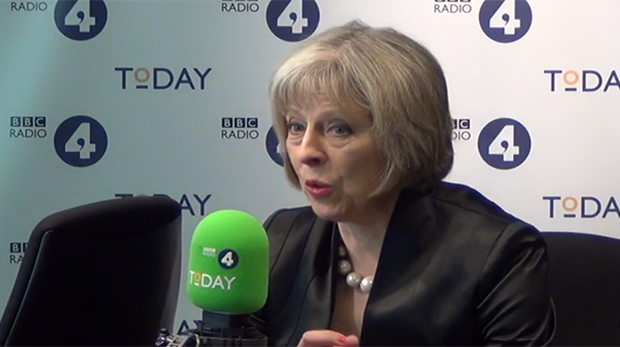
The UK Home Secretary’s preview of a proposed new counter-extremism bill raises the stakes for freedom of expression in the United Kingdom. Index on Censorship is disturbed by the potential impact on free speech embedded in the proposals.
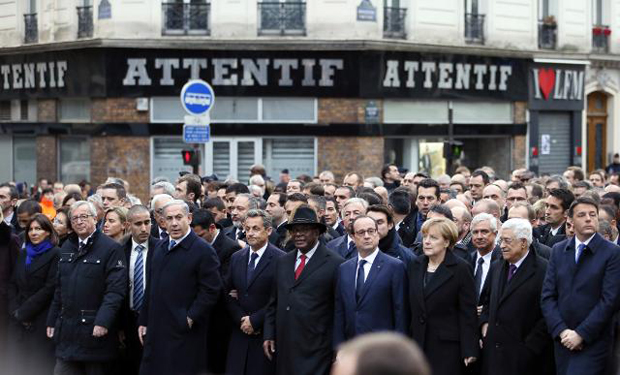
Freedom of expression is an assumed right in the European Union. But that assumption is little more than an idea anchored in our mental routine.
Dunja Mijatović: The good fight must continue | Mass surveillance: Journalists confront the moment of hesitation | The women challenging Bosnia’s divided media | World Press Freedom Day: Call to protect freedom of expression
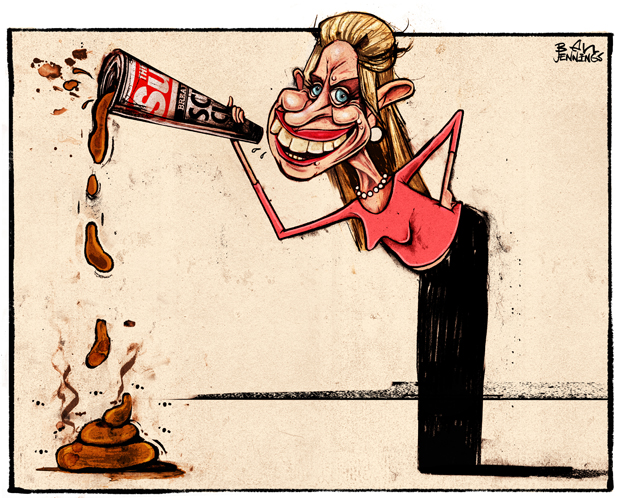
What if your job, your career, was winding up an entire nation?

Following Edward Snowden’s revelations outlining the capabilities of intelligence agencies to monitor private online communications journalists are confronting a moment of hesitation.
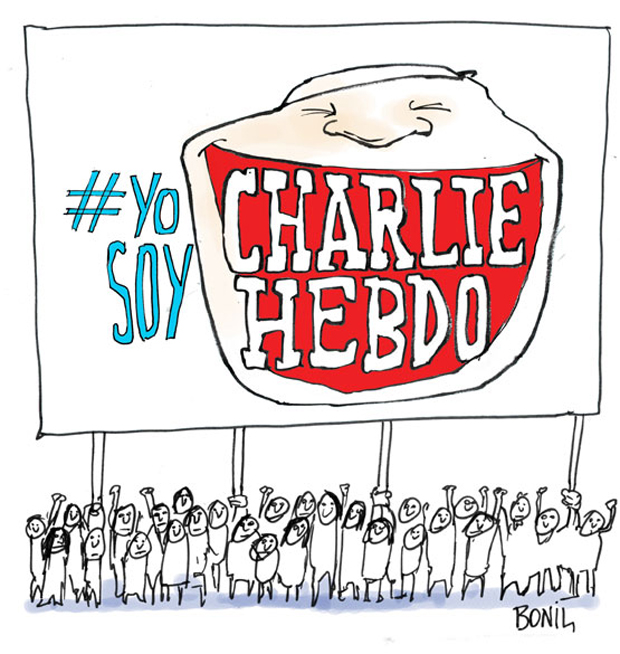
The decision by six authors to withdraw from a PEN American Center gala in which Charlie Hebdo will be honoured with an award once again emphasises the dangerous notion that some forms of free expression are more worthy than others of defending